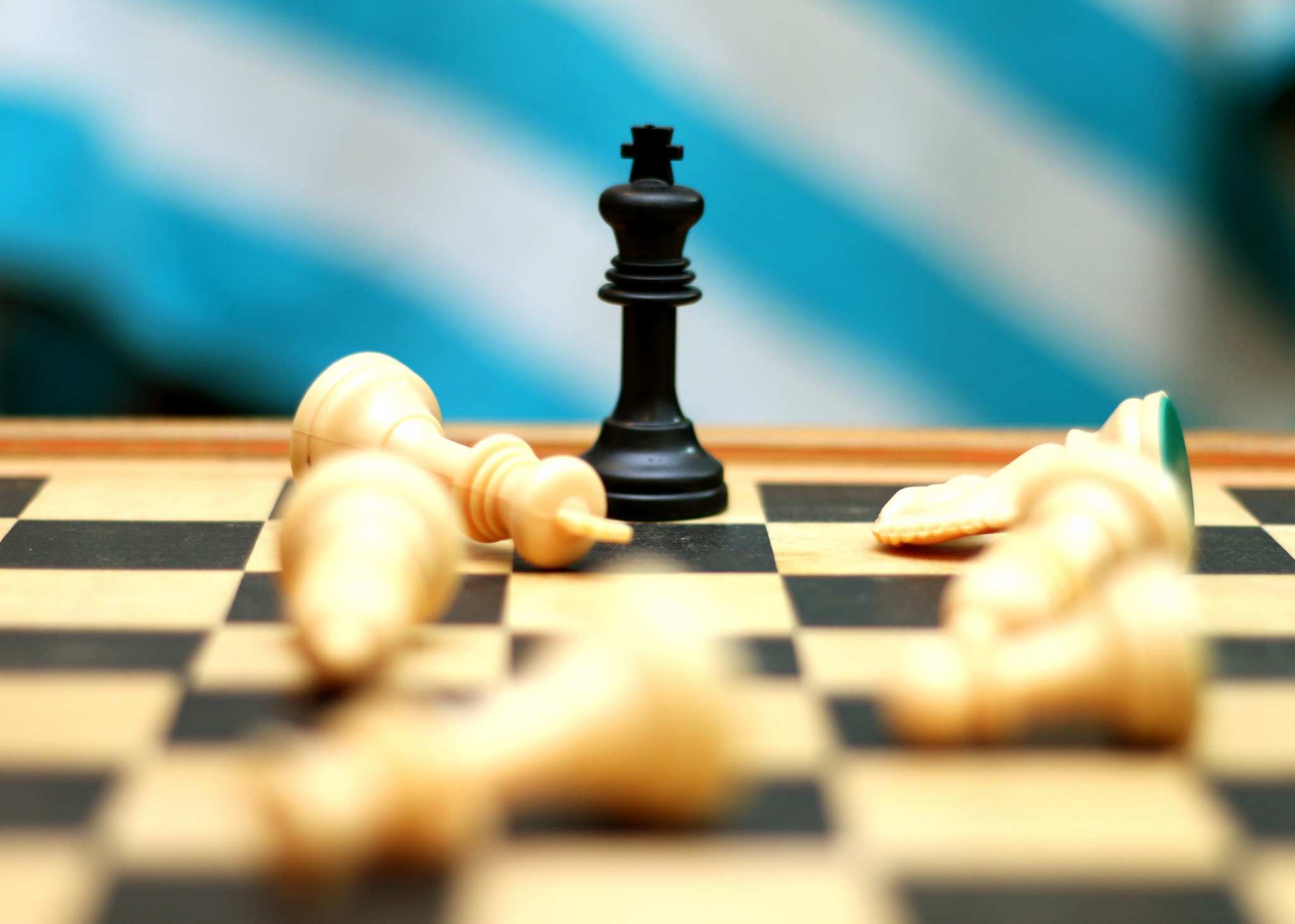
Relationships are complicated multifaceted parts of our lives, and so it makes sense that a lot of difficulties come along with that; you can’t enjoy a smooth ride when the waters beneath you are turbulent.
One of the most challenging areas can be dealing with inferiority complex. Do you see yourself as equals or is one of you inferior or superior? It sounds like such a shallow question to ask, but when you think about the various memes we come across expressing these worries, you realise that the thought process is incredibly common.
I’ve always been someone with low self esteem, so maybe that has something to do with it, but I’ve never felt on equal footing with my partners. I’ll even go so far as to admit that, in the past, I’ve felt slightly superior (even despite my lack of self confidence), not necessarily in looks but my behaviour. But now, in my current relationship of nearly six years, I still see myself as the inferior link in this twosome. If so many of us feel like this though, how are we meant to overcome it?
End comparisons
Throughout a relationship, it can be too easy to compare yourself to your other half. What is more, in my personal experience, I’ve found I compare myself to my current partner because we’re the same sex, and therefore have so many similarities. But even if you don’t feel inferior on a physical level, you may in other areas, such as income, housework, childcare, etc.
Don’t succumb to those comparisons, as hard as that is to do – you need to stop and realise that you’re two different people, and as such you bring different things to the table. When I wasn’t earning any form of income, my partner carried us both; I felt so inferior, and yet in return for her financial support I went out of my way to do 99% of the housework. That was my pay off. Is it on the same level? In a way, yes it is, for it does something that helps my little family, but in a different way to money. Both are beneficial.
Recognise positives
Not everything about combating that inferiority complex is about the two of you, sometimes you need to look at yourself to recognise that what you’re feeling is a self made fear. For that you need to identify your positives, in all their forms, and for that I’d suggest making a list. You can be as creative as you want to be – draw them, create a collage, type it – just make sure you put down everything that you can see as a good quality about you. If you’re struggling to identify those traits, perhaps employ help from your partner? They’ll see parts of you that you don’t.
This is a way of physically being able to see everything that you deliver in the relationship, but as a human being as well, and so it’s a great form of self love that we should all practice.
Talk openly
This pointer isn’t going to come naturally to everyone, for so many of us have different ways of dealing with our emotions, but if you can sit down and talk openly with your other half, it’s a helpful technique. If I couldn’t communicate my concerns and negative thoughts about myself, I’d explode, and sometimes saying all of that to a friend or family member isn’t the same as confiding in who you love in the most intimate of ways.
Your partner may not like what they hear – my girlfriend hates hearing how I see myself, but she also respects how I feel and tries to work with me to help me overcome those issues. It isn’t going to be a quick process, in fact it might never be complete, but being able to chat about it in a friendly environment makes all the difference.
There’s no science to dealing with these emotions, not truly, but you can actively tackle your sense of inferiority head on, rather than allowing it to consume you. Consuming emotions can destroy an otherwise strong relationship; I’ve been close to losing my girlfriend because of how stubbornly I refused to see my own worth, both as an individual and as part of our relationship.
